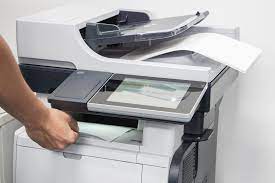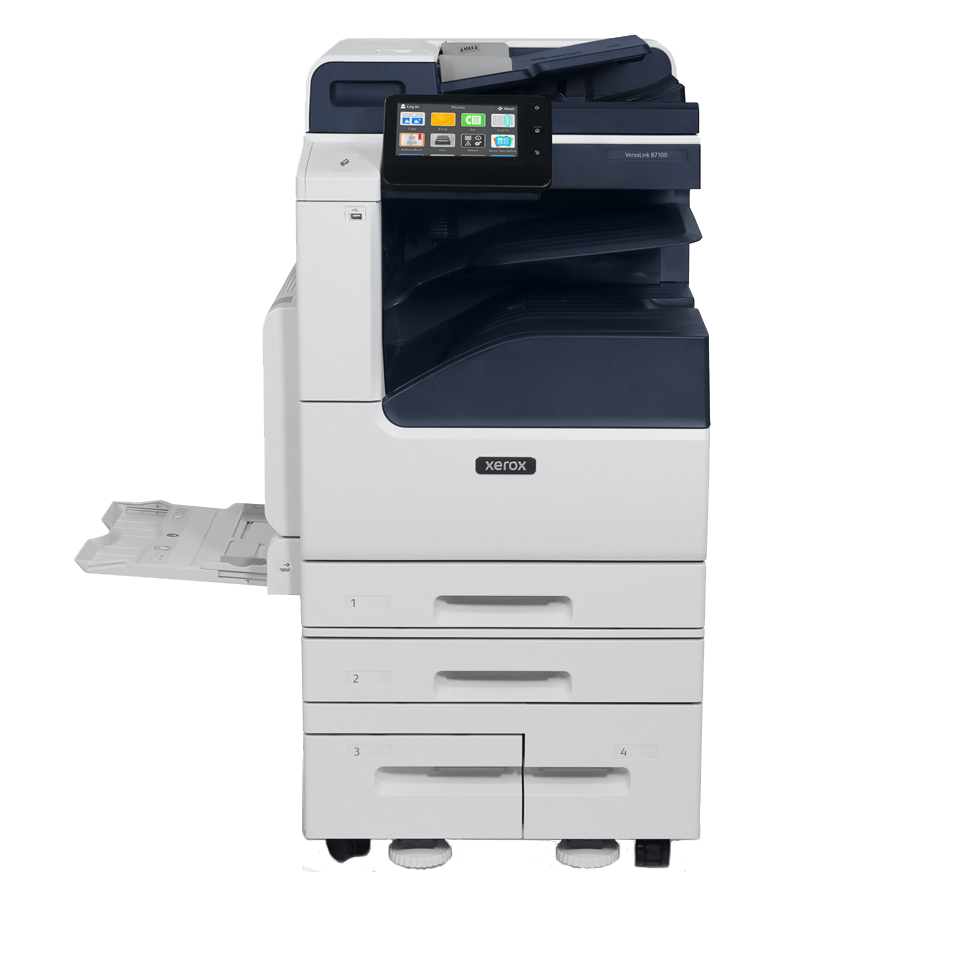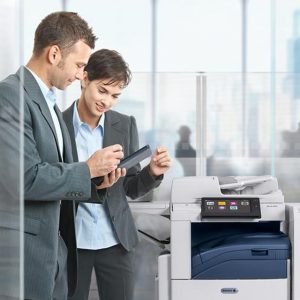
Copiers are a standard tool in any office. They are used to copy documents and images quickly, making them an essential part of your business. However, they can also be the source of a security threat if not handled correctly. In this blog post, we will go over some tips on how you can minimise copier security threats and avoid being hacked!
If you are in Memphis and you are looking for a Copier for your business, you may contact Clear Choice Technical Services in Memphis. You can ask about Copier Leasing Services in Memphis, Copier rental services in Memphis.
How can I minimize copier security threats?
– Only allow users with the necessary permissions to use your copier.
– Keep sensitive documents away from others’ viewing and copying abilities.
– Use a passcode when you need to make changes, like changing the paper size or copy settings. Make sure to write down this information somewhere secure in case of emergencies!
– Install antivirus software on all devices which are connected to the office network
This can help minimise copier security risks. The more precautions employees take regarding these factors. The less likely someone may steal company secrets or personal details from under their nose!- Employees should use caution when using a photocopier by being aware of what they’re copying, how it will be used and who is around them during this time (to avoid anyone else seeing their information).
– minimise your risk by using a copier with an ADF that automatically feeds paper into the machine
– minimise security threats by only copying what you need, when you need it and for how long.
– Minimize damage risks to sensitive documents like ID cards or credit card numbers by ensuring they’re not scanned through the automatic feeder (ADF), which protects them from unauthorized scanning in public areas.
– minimise the risk of terrorist threats by storing your documents in a locked area or filing cabinet. This reduces the chance that someone can walk up to an unlocked copier and make copies of sensitive information like ID cards, credit card numbers, passports, visas and more.”
– minimise security risks posed by foreign objects left inside copy machines because they might contain viruses. It is essential not to leave anything edible behind after copying. It may attract bugs that could crawl into other areas within the machine where food cannot usually reach.
How can I avoid being hacked?
– Make sure you have an up-to-date backup of your files if anything happens with your computer system. In addition, make sure to keep copies of any essential documents somewhere secure outside the office. The worst thing would be for sensitive customer information or private company secrets to get into the wrong hands!
– including printers, fax machines, scanners and computers! These solutions will protect against malicious attacks that may try to steal data stored on these devices. This means they will prevent hackers from getting their hands on personal information such as credit card numbers or other financial records.
– Limit the number of people with access to sensitive data, such as credit card numbers or other financial records.
– Be alert for any changes in network behaviour and report anything unusual right away.
How do I know if my company has minimized copier security threats?
– When a company minimizes copier security threats, it ensures that its photocopiers are equipped with features like an automatic document feeder (ADF), which feeds paper into the machine automatically. This prevents employees or passersby from stealing personal and confidential information by seeing what’s being copied. It also defends against unauthorized copying of documents such as ID cards, credit card numbers or other financial records.”
Minimise copier security risk because these precautionary measures minimise the chances someone else could steal sensitive data while they’re using their photocopy machine.
What can happen if we minimize printer security threats?
If you don’t take precautionary steps to minimize printer security threats, hackers could compromise your documents and information. If you don’t take preventive measures against these attacks, they are likely impossible to counteract later.



